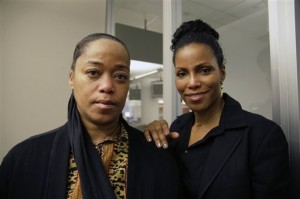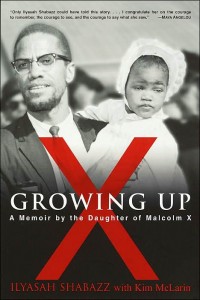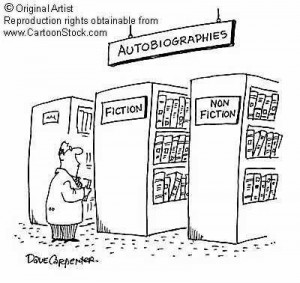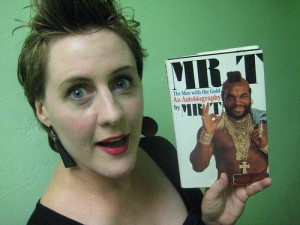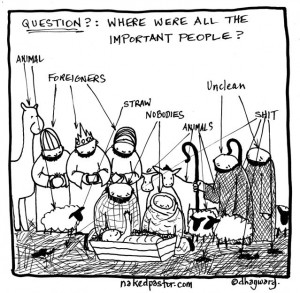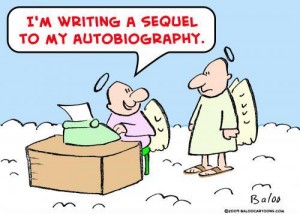Malcolm Uninterrupted
by Ilya Benjamin
1964 Diary of Malcolm X Released.
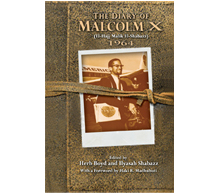
Next month’s release of Diary of Malcolm X, promises “Malcolm un-interrupted.” Public release of the private journal is supported by the family. Haki Madhubuti founder and publisher of Third World Press, writes in a personal fundraising note, “We are very grateful that Malcolm’s children have granted us the opportunity to publish The Diary; It is the most important volume we have ever brought to the public, after more than 46 years in publishing.”
Previously unedited, unpublished manuscript produced in 1964 chronicles represent the time in Malcolm’s life when he traveled the continent of Africa. Prominent intellectual Louis Gates Jr. writes, “The publication of The Diary of Malcolm X is a great historical event in African American intellectual history. Reading these entries has the effect of overhearing a profound thinker’s most private and uncensored thoughts about everything from his split with Elijah Muhammad to the cost of 16mm film in Accra” (). This Third World Press publication, Diary of Malcolm X, was edited and annotated by author and journalist Herb Boyd in collaboration with Malcolm’s and Betty’s daughter, Ilyasah Al-Shabazz. What is also quite impressive about this release is how hands on the daughters have been with its publication. Not only did third eldest Daughter, Ilyasah Al-Shabazz collaborate and contribute editorially to this project but has also worked to market and fundraise. Under “perks” note that a $1000 USD contribution to the publication will get you a dinner with the author of Growing Up X: A Memoir by the Daughter of Malcolm X, in New York City, in addition to the signed clothbound copy of the diary, of course. [1]
“It’s good we get to see Malcolm in his own voice, without scholars or historians, observers, saying what he was thinking or what he was doing or what he meant…” third eldest daughter Ilyasah Al-Shabazz explains on book’s crowd funding website Indiegogo. http://www.indiegogo.com/projects/the-diary-of-malcolm-x–3
Third World Press’s timely release comes just two years after the Manny Marable’s controversial “reinvention” portrayed Malcolm as a bisexual whose “real” killer escaped justice [2]. Marable’s somewhat contentious appraisal of Malcolm personal life seemed to drastically contradict the integrous image of the man who, Ozzie Davis ardently eulogized as “… our manhood, our living, black manhood!” Needless to say, the fact that Marable’s portrayal made many people , especially the daughters ”unhappy” is an understatement [3]. During a 2011 NPR interview, Ilyasah Al-Shabazz called the book “distasteful” and says Marable never explicitly contacted the family to contribute to the biography that was 20 years in the making. Where does famed author/biographer Manny Marable stand on this controversy? Most certainly in the grave where secrets are best kept; where unless written down, his 1st hand knowledge of his own internal motivations will remain buried under lock and key. Marable’s death just days before the biography’s publication ultimately ensures his thoughts on the matter remain a mystery until the day he will undoubtedly become the subject of biography himself. Until then, Third World Press is expected to release the 1964 Diary of Malcolm X, this November; Now we will be able to read Malcolm in his own words.[4]
Additional Resource:
Malcolm X’s Daughter Disputes Claims in New Bio on Father
CLASS CONNECTION:
“Words assume a reader or a listener, in other words, someone at the receiving end, who often may be non other than the rememberer herself” (Ender 77).
We write with the intention of being read. Reading “A Sketch of the Past,” raised ethical concerns over posthumously published works, especially when an author explicitly requests sequester of un- publishable materials, to whom is the final say given over personal legacy?
This week we are scheduled to read the famed Autobiography of Malcolm X as told to Alex Haley, a posthumously published biography, that I learned in a 2011 NPR interview with the 3rd eldest daughter Ilyasah, lost four chapters during the editing process. Manny Marable’s controversial biography published days after his own death is also on the syllabus. Malcolm’s daughters have questioned the evidence and lack of evidence in the Marable’s biography. Ilyasah, author of her own memoir, Growing Up X: A Memoir by the Daughter of Malcolm X, in New York City, raised suspicions during the interview that the immediate family had not even been consulted for the work that took Marable 20 years to complete.
Families of the subjects of many posthumously published works, have often argued that their authority on truth comes by virtue of proximity to the life lived; they alone can establish the truth value represented in biography. Malcolm’s daughters in conjunction with Third World Press, are releasing the Diary to the public. You decide. Read Malcolm in his own words.
[1] http://www.indiegogo.com/projects/the-diary-of-malcolm-x–3
[2]Read more: http://www.dailymail.co.uk/news/article-1373652/Malcolm-X-bisexual-killer-escaped-justice-claims-new-book.html#ixzz2funcPGN5
[3] http://www.huffingtonpost.com/2011/04/07/malcolm-xs-daughters-unhappy_n_845943.html [4]http://www.npr.org/2011/04/20/135570322/malcolm-xs-daughter-addresses-controversial-claims-in-new-bio-on-father

